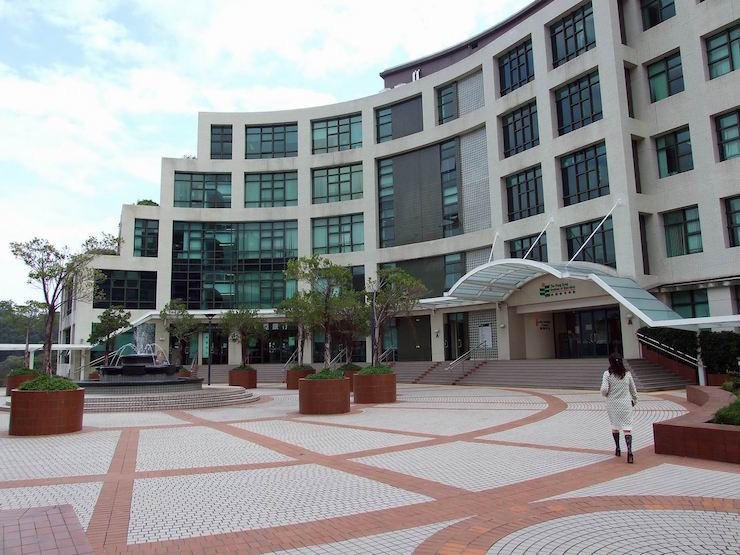Former University of Hong Kong law dean Johannes Chan Man-mun has said that “there is no reason why” the practice of having Hong Kong’s chief executive serve as the chancellor for the territory’s universities should not be changed.
Speaking at the Human Rights Press Awards on Thursday, Chan said conflicts existed between the dual roles of chief executive and chancellor, leading to concerns over government interference with academic freedom.

“How could academic freedom, in the sense of freedom from interference from government, be reconciled with the fact that the head of government remains the chancellor of the university, who is not satisfied with the conventional ceremonial role?” Chan asked.
Chan said that an opportunity to review the practice will arise next year, when changes to the Hong Kong Institute of Education Ordinance will make the institution a full university.

“This amendment [to remove the chief executive as chancellor] does not involve any public expenditure or government structure, and therefore its proposal does not require the consent of the chief executive, who would in any event be in the position of conflict of interest,” he added.
Chan suggested that the amendment could be proposed by members of the Legislative Council. If the amendment was passed, it would exert pressure on other universities to also review the practice.
Chan also said that Arthur Li Kwok-cheung, a government-appointed member of the HKU Council, would not be a suitable candidate for Council chairman. He said Li did not have an inclusive personality, and his appointment as chairman would further divide the University.

Regarding HKU’s recent drop in university ranking, Chan said that it was unrelated to student activism.
“Almost 50 percent or 40 percent of the weighting goes to peers review,” he said. “It’s a general impression.”
Chan added that concerns about academic freedom and government’s interference had caused more damage to HKU’s reputation. “Academic freedom does not exist in isolation. When it is at risk, it is a warning that other fundamental rights and freedoms would be endangered,” Chan said.
Chan’s appointment to HKU’s pro-vice-chancellorship was rejected by the Council in September, following months of delay.
